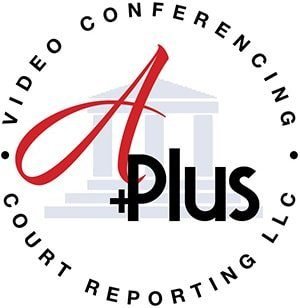The stakes in your deposition can be big. The ruling of the court is often dependent on the information revealed in a deposition, and anything said can be held against the individual – so protecting yourself is important. What’s more, if you give a statement in court that the judge later deems false, you will not just be subject to contempt of court, but will also have to testify against yourself. Sometimes telling the truth is far easier than just thinking over it in our subconsciousness. And even though testifying against yourself might sound preferable, some good tips can help you prepare for my deposition.
What is a Deposition?
A deposition is a sworn out-of-court testimony that is given under oath. It is usually taken during the discovery process of a lawsuit. Depositions are very important because they allow both sides to learn more about the other party’s case and to gather evidence.
What Happens During a Deposition?
A deposition is a questions and answers session under oath. It is a way for the attorney to obtain information about the case from someone who has knowledge about it. The attorney will ask the person questions about the case and what they know.
The person being deposed will be placed under oath by the court reporter and will be asked to answer questions truthfully. The attorney will ask the person questions about their involvement in the case and what they know about it. The attorney may also ask general background questions. The answers given in a deposition are given under oath and can be used as evidence if the case goes to trial.
Tips for preparation
If you are a defendant in a civil case, taking the assistance of Connecticut court reporters, you may be required to give a deposition. A deposition is a sworn statement given under oath and in person. The plaintiff’s attorney will ask you questions, which will be recorded by a court reporter and can be used at trial.
Here are some tips on preparing for your deposition:
1. Be honest and truthful. It is important to remember that you are under oath, and lying could result in perjury charges.
2. Listen to the question carefully and answer only what is asked. Do not volunteer information or offer opinions. If you do not understand a question, ask the attorney to rephrase it.
3. Speak clearly and concisely. Take your time in answering each question, but do not ramble or provide lengthy explanations.
4. Be polite and respectful to the attorney, even if you do not agree with their questions or line of questioning. Getting angry or argumentative will only make things worse for you.
5. Ask for clarification if necessary, but avoid yes or no answers whenever possible. Your goal should be to provide as much information as possible without contradicting yourself or offering opinionated responses.
Depositions are an important part of litigation provided by Connecticut court reporters. It can be used to gather information about the case, prepare witnesses for trial, and impeach witnesses at trial.












